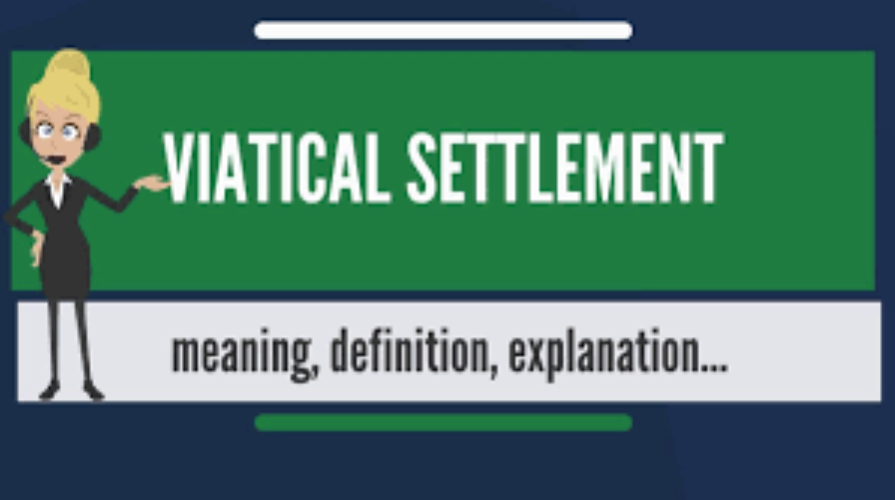Navigating the financial challenges that come with terminal or chronic illnesses is daunting, especially considering the high costs associated with long-term care. Viatical settlements offer a financial solution for individuals facing such predicaments, providing them a way to convert their life insurance policies into immediate cash. This guide delves into the realm of viatical settlements, explaining what they are, how they work, and the pros and cons of investing in them.
What is a Viatical Settlement?
A viatical settlement involves selling a life insurance policy to an investor when the policyholder is chronically or terminally ill. This transaction provides the policyholder with immediate cash, which can be used to cover medical expenses and other end-of-life costs.
The concept became popular during the 1980s, particularly among AIDS patients who faced high treatment costs and had limited life expectancy. Viatical settlements provided these individuals with a necessary financial resource, while offering investors a chance to purchase life insurance policies at a discount.
The Mechanics of Viatical Settlements
Process:
The process starts with the policyholder contacting a viatical settlement company or broker. The broker evaluates the policy, presents it to potential investors, and facilitates the sale. Once an offer is accepted, funds are placed in escrow pending the transfer of the policy to the investor. After the transfer is verified, the funds are released to the seller, net of any fees.
Tax Implications:
Typically, viatical settlements are not taxable for the seller, but it’s advisable to consult with a tax advisor to understand the specific implications based on individual circumstances.
Eligibility and Differences from Life Settlements
Eligibility:
To qualify for a viatical settlement, the policyholder must be terminally or chronically ill, with a life expectancy of 24 months or less. The policy usually needs to have a minimum face value set by the viatical settlement company.
Viatical vs. Life Settlements:
Though similar, viatical and life settlements target different policyholders. Viatical settlements are for those with a short life expectancy due to severe health issues, whereas life settlements are geared towards older individuals with longer life expectancies. Consequently, viatical settlements typically command a higher sale price relative to the face value of the policy compared to life settlements.
Investing in Viatical Settlements
How to Invest:
Investing in viatical settlements typically requires being an accredited investor due to regulatory standards. Investors can purchase policies directly from brokers or through life insurance settlement providers.
Pros:
- High Returns: Despite higher upfront costs, the potential returns on viatical settlements can be substantial due to shorter holding periods and lower ongoing premium obligations.
- Low Risk: The investment is generally low-risk as it is secured against a life insurance policy, whose payout is guaranteed as long as premiums are maintained.
- Social Impact: Investors provide crucial financial relief to individuals in dire health situations.
Cons:
- Regulatory Complexity: Viatical settlements are subject to varying state regulations, which can complicate the investment process.
- Lack of Liquidity: This investment is not liquid; funds are tied up until the policy matures.
- Uncertain Duration: The time until payout can be uncertain, depending on the health of the insured.
Conclusion
Viatical settlements represent a unique investment opportunity that not only offers financial returns but also helps meet the immediate financial needs of individuals with severe health issues. They allow investors to diversify their portfolio while contributing to a cause that directly impacts the quality of life for the policyholder.
For those interested in exploring viatical settlements as an investment, it’s crucial to engage with reputable brokers or platforms that can provide detailed policy information and facilitate a transparent bidding process. Harbor Life Brokerage, for example, offers an online auction platform that simplifies the process of buying viatical settlements, ensuring investors can make informed decisions.
In summary, viatical settlements are a significant financial strategy for both policyholders and investors, providing crucial funds to those in need while offering investors a stable return on investment.



